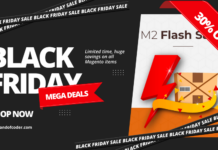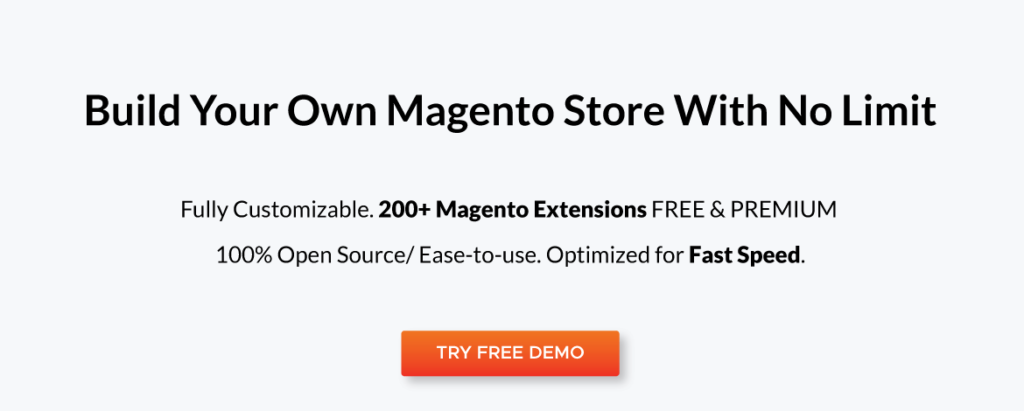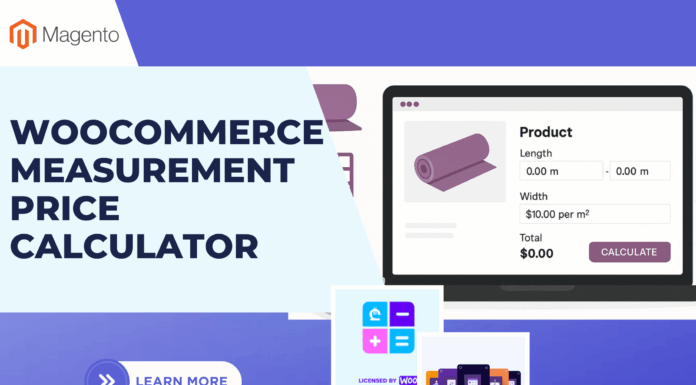
Building a multi-vendor Marketplace platform is the key task of eCommerce providers. Also if you want to develop a marketplace firm and improve sales and revenuage, you can register to a suitable platform. More and more businesses are turning to multivendor websites to expand their product offerings, speed cross-border expansion, and enhance logistics, prices, and operations.
Which platforms can you take part in? Or, what kinds of multi-vendor marketplace software do providers use? Let’s explore them through our article.
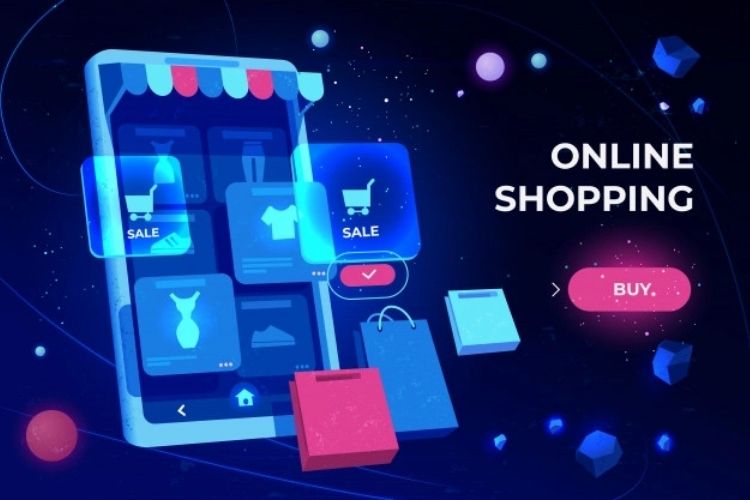
Table of Contents
I. Who needs eCommerce Marketplace platforms?
1.1. Definition
Before researching on the subjects who Multi-vendor Marketplace platforms are spent, or who are made significant effects on, we need to follow in lines about technical terms. Those make us confused and can be difficult to distinguish them.
- Multi-vendor eCommerce solutions consist of eCommerce software and an optimized idea. It’s a wide phrase that encompasses both single-seller and multivendor shopping cart software. When attending to build up a website, you need to contribute purposes, targets and strategies for your business. And then, themes and add-ons refer to what you can give your customers and shoppers.
- eCommerce Marketplace platforms are an important part of the total solution. Because it is an equally major environment for all parties like customers, merchants, and the platform owner.
- Regarding eCommerce software, you can understand simply that it is tools support to multiple online vendors and directed purchasers, and platformers are who providers these programs, websites or apps. To be specific, multiple independent online sellers can sell their products at the marketplace while customers use these websites and apps to experience shopping services. Finally, managing accounts and catalogs belongs to marketplaces offers.
Therefore, a multivendor marketplace script is usually a complex of components such as the multivendor platform, a vendor app, a customer app, and moderate hosting. All of them have a necessary role to play in operating an eCommerce marketplace.
Read more about Multi-vendor Marketplace
1.2. Objects of Multi-vendor platform
Let go across major goals of Multi-vendor marketplace platforms
- Creating organic and friendly marketplaces on the Internet
- Meeting the changes of buying habits in parts of shoppers
- Providing convenient shopping experience, but not less interesting
- Emerging successfully as a big business scope
- , Being a popular choice for many business owners looking to produce a large amount of cash from their products due to its numerous advantages.
1.3. Target users
As above that, Multi-vendors eCommerce Marketplace platform doesn’t force strongly on only retailers, or merchants, but also hunters and consumers. Here, vendors can be providers of B2B, B2C business or service multi-vendor marketplace platform. In while, platform suppliers act as an intermediary, and any the add-ons of these marketplaces such as payment, cart, blog & news, social login or live chat which buyers and sellers use are provided by them.
You can take a journey to explore must-have adds-on when making an eCommerce platform

II. Types of multi-vendor marketplace platforms?
In general, there are two multi-vendor marketplaces as service and product. Nowadays, a new marketplace which is separated from service one is booking. However, all kinds of which are platform businesses connect customers with third-party providers. Take the Tiki platform as an example. Tiki, one of the biggest multi-vendor platform owners in the global, makes integration between books, cosmetic, fashion, electronic or other products suppliers and demanding purchasers. Grap being a Southeast Asian technology company, as another illustration for service marketplace platforms, helps drivers contact travelers.
So, what does each multi-vendor marketplace platform have? And, how are they distinctive? Let go on now.
2.1. Product marketplaces
In a product multi-vendor marketplace, businesses cater to two types of customers are consumers and business, called B2B and B2C. To build a product marketplace platform, owners will launch hundreds of powerful functions specifically to permit commerce diversity products.
Product bought at this multi-vendor marketplace has some key features as:
- Goods can be delivered to buyers directly
- Delivery need containing in shopping services
- Customers can return or exchange product
- Inventory addresses can be managed by marketplace suppliers, while each vendor taking part in the marketplace may require support for multiple warehouses.
Due to the characteristics of B2B, B2C products, the multi-vendor platforms often meet the following capabilities. Firstly, the speed of search is the heading priority. For vendors, the eCommerce marketplace enables them to trade in their items and manage their product catalog. One of the most important factors to launching a product multi-vendor platform is the ability of faceted navigation. That means that filter systems are quick and efficient for purchasers.
Furthermore, platform providers develop add-ons like price comparison, or layer navigation for shoppers and provide the power of setting promotions and discounts for merchants. With a multi-seller marketplace platform, vendors can approach a curated customer base easily and improve their business’s revenue quickly.
2.2. Service marketplaces
One of the fastest-growing areas of marketplaces is service markets. Customers who cater service marketplace have some habits like:
- Finding a service provider by category demand (legal, accounting, employment, trades, or mechanics…)
- Booking available combo
- Requesting a quote, inquiry or download
- Accessing and comparing services on apps or websites
So that, being the best service multi-seller platform includes plenty of features which are searching ability, booking, and change or cancel booking service, and payment. Besides, taking a tour services multi-vendors webs, customers can experience to explore service based on date and location, and require a price table or compare the cost between service agents. All of these functions for service multi-vendor platforms are continuously fixed and developed as well as demanding market both price and experience.
2.3. Booking marketplaces
Booking marketplaces are regarded as a part of service marketplace or product multi-vendor marketplace platform. Also, they are diverse of products because customers can order an immediate item, make an appointment with professors, or calendar courses or meetings. Service Booking marketplaces are on all the rage with a marketplace for healthcare, beauty and wellness, fitness, coaching, professional services, and trades.
Being different from the Service multi-seller marketplace above, platforms that provide booking multi-vendor marketplaces flexible in supporting multiple locations. In addition, there are add-ons as Service Provider profiles, Service Provider calendars, service provider confirmation, and notifications via both email and SMS. Most remaining features such as payment, cancelation, and rechange are similar service marketplace.
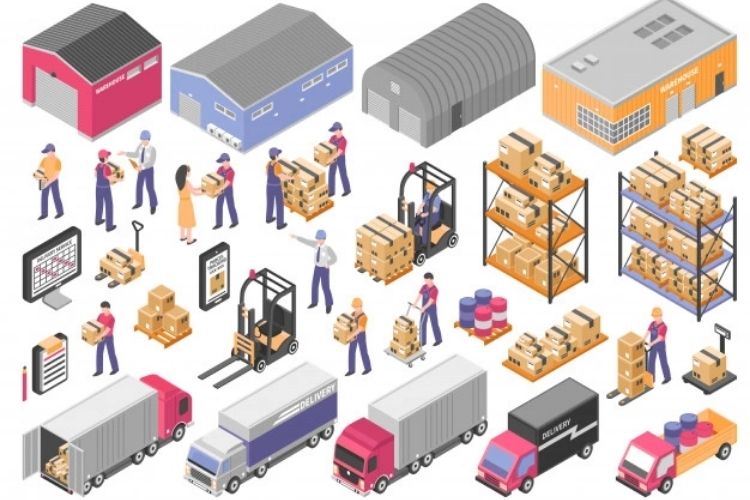
III. Features of a multi-vendor marketplace platform
A multi-vendor marketplace platform will be survived and grown-up by both platform operators and vendors. Therefore, marketplace owner features are distinguishing from vendor ones in add-ons, themes, or extensions.
3.1. Marketplace Owner Features
Features to create and manage your marketplace easily with the power to extend, configure and customize everything.
To become a big platform like Amazon, or any product or service marketplace, you need to design some basic features. They include:
- Marketplace capabilities
- Vendor Management
- Marketplace administration
- Marketplace payments
- Design and themes
- Services Marketplace capabilities
- Shipping
- Search
- Product catalog
- Product marketing, promotions, and discounts
- Vendor on-boarding
- Returns management
- Marketplace Commercial Management
- Marketplace mobile app
All help multi-vendor platform owners manage their marketplaces, vendors, the process of operation from ordering, carting, buying and shipping, even returning. Nowadays, developers release some marketplace solutions with PIN-based checkout, request for quote module, virtual and download products and inquiries management which play a role in simply building and managing your marketplace.
3.2. Vendor Features
In a multi-vendor marketplace platform, there are essential seller characteristics:
- Trader stores
- Webshop management
- Fulfillment of an order
- Discounts and marketing
- Reservations and appointments for services
- Inventory and warehouse management
- Reviews and ratings
- Dashboard and reporting for vendors
- Rates for vendor-to-vendor shipping
These support merchants, retailers and sellers to take control of their stores, customers and orders their products or bookings their services. They can approach a number of organic and big traffic, also, improve sales and revenue.
3.3. Front-End Features
There are many distinguishing features in platforms’ front end. In while, they related to support themes, converted extensions, services booking, rating and reviews, customer dashboard, events RSVP and split cart. Moreover, they consist of a split order, social login and live chat.

IV. Best B2B, B2C or Service Marketplaces case-studies
4.1. Thales
Thales is a multi-vendor marketplace platform developed by Cocalabs. This marketplace is located in the Transportation and Aerospace sector, and sellers can showcase the digital products. The special features are that users are allowed to test and purchase a diverse profusion of both technology products and services. It can be said that this is a unique marketplace in this industry area.
4.2. Malt
In the freelance industry, there is a must-know multi-vendor marketplace platform that is Malt. It is a potential environment for freelancers to upload their profiles and find out a well-pay job. Furthermore, employers can filter the profile by many criterions such as expertise, experience, price, sector, location and rating.
4.3. Fiverr
The other multi-vendor platform is a workplace of freelance designers who can show their ideas and products. Through this website, they are connected businesses of all sizes. Therefore, the company’s slogan is “Find the perfect freelance services for your business”. Popular professional services are designed to build the brand (logo, custom posters, catalog…), customize the site in WordPress, share messages through Voiceover, engage the audience with a Video explainer, or reach more customers through social media channels.
4.4. Caterspot
Caterspot is a digital marketplace or multi-vendor marketplace in the food field that connects Hong Kong and Singapore to help businesses discover caterers and other business-related services. They may go through a catalog of catering options, pick the one that best suits their needs, pay for the invoice online, and then connect with the caterer of their choice.
4.5. Opentable
Opentable is one of the most growing booking multi-vendor marketplace platforms in the world because of continues to lead the conversation in the tech and restaurant space with products. This platform anticipates the needs of both restaurants and diners. In other words, customers are enabled to search and book the perfect table of any bistro or cafeteria for any occasion. The other outstanding thing is a pure theme which is designed simply, but not boring.

V. Best multi-vendor marketplace platform software
5.1. CS-Cart
CS-Cart offers multi-vendor eCommerce software that focuses on giving administrators complete control over their suppliers while also allowing the owner the most freedom in monetization choices configuration. They had the administrator add-on to accommodate new web vendors on the website, as well as the most appropriate vendor functionality with pre-set conditions and a separate micro-store with a full-featured dashboard and reporting.
Therefore, vendors are able to operate their stores easily, even having no previous experience with a marketplace script.
Multivendor website owners who are CS-cart partners say that this is highly secure software. So that, they feel pleasure to select its eCommerce software to build up their websites.
Price: from $1,450/one-time
5.2. Yo! Kart
Yo!Kart is one of the most popular multivendor eCommerce software which bases on iCloud in recent years. It provides a variety of features that make it easier to build a successful multi-vendor eCommerce website, including simple payment arrangements, mail marketing tools, social media platform integration, a fantastic interface, and a highly valued user experience. With Yo!Kart’s easy yet comprehensive SEO optimization tools, ranking on search engines pages is a piece of cake. Yo!Kart has a user-friendly interface, a vendor app, and a mobile marketplace app.
Price: from $999/one-time
5.3. BigCommerce MultiVendor Marketplace
BigCommerce MultiVendor Marketplace is full-fledged multivendor software from Webkul. It helps platform providers convert from a single admin online store to a multi-seller platform. It makes adding product providers and keeping track of their orders and sales.
The features include creating diverse strategies for the vendors, building a payment system for them to manage the process conveniently and efficiently. The developers of Webkul make flexible add-ons in eCommerce platforms based on the demand of their customers. Moreover, it is opportune for a seller to add a product because the software provides a selection of auto-approval of the product.
However, due to just an extension, owners can see some issues such as running a web store and paying money every month. There are no various themes for vendors to choose while multi-vendor platform functionality is very basic.
Price: $10/month
5.4. Magento Marketplace Extension
Magento Commerce is a leader in eCommerce software. They continuously upgrade Multi-vendor extensions for users, so their customers usually evaluate highly with open-source code to enhance and customize the platform’s off-the-shelf features to meet unique business requirements. Besides, Magento Commerce provides total solutions for advanced order management and business intelligence. Surpluselectrical, UAE Store, Bag a Bouquet is their clients who are successful in creating Multi-vendor marketplace platforms.
Price: $3,999/month
5.5. SelluSeller
SelluSeller is a robust eCommerce management platform. In a while, their target clients are helped retailers, brands, e-distributors, SMEs, eCommerce enablers, and service providers manage their multichannel eCommerce and logistics operations from end to end. They provide themes that have proper factors like power, feature-rich, and friendliness. Therefore, they give buyers a sense of comfort. Furthermore, this software is designed to build a platform enabling inventory and order, cost and discount, or product catalog management. Some of the customers are Nestle, Panasonic, Samsung, Valiram, Fossil, Luxasia, DKSH, Decathlon, Skechers, Bench Retail, Pos Malaysia, DHL eCommerce, Asendia Asia and many more.
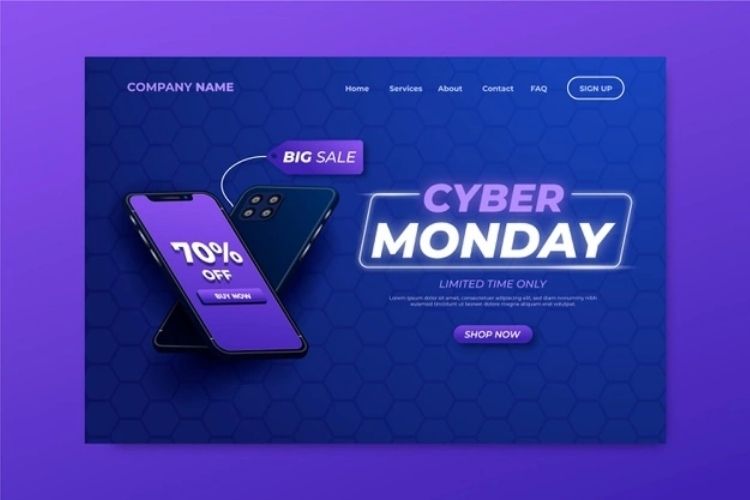
VI. Conclusion
Overall, you can understand a multi-vendor marketplace platform or software. If you are a vendor, you can consider some platforms I suggest above, also build a long-term plan for your business. Multi-vendor marketplace software or extensions are suitable for investors who cater to contribute to a marketplace in any industry or eCommerce field. May it be B2B, B2C or product marketplaces, or service and booking ones.
We hope this article gives you a lot of useful information. Thank you and stay safe!
You can search:
- Multi-Vendor eCommerce Marketplace Platform
- B2B Marketplaces
- B2C Marketplaces
- Service Marketplaces
- Booking Marketplaces
- the free multi vendor marketplace
- multi-vendor marketplace like amazon
- best multi-vendor marketplace platform







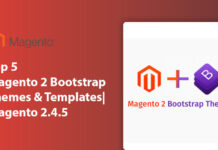



![[SALE OFF] Discount 30% All Premium Extensions On Christmas And New Year 2025 christmas-and-new-year-2025](https://landofcoder.b-cdn.net/wp-content/uploads/2024/12/christmas-and-new-year-2025-1-218x150.png)


